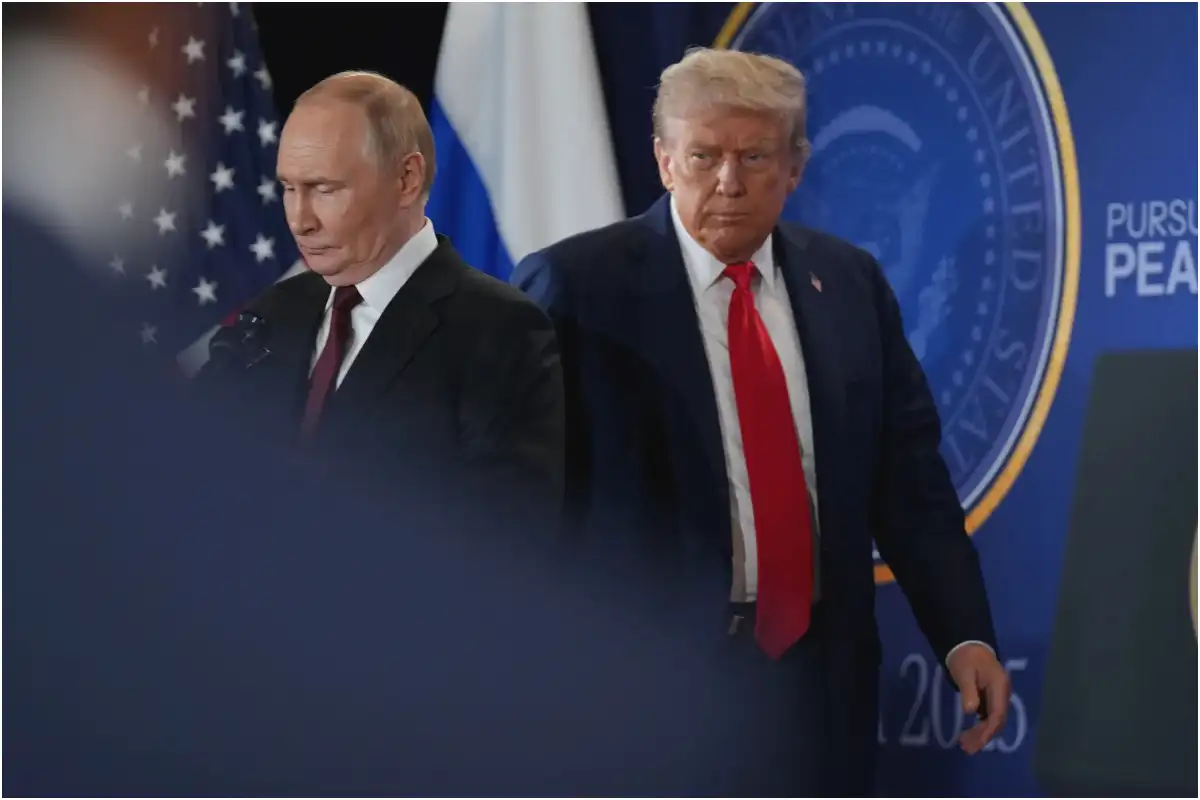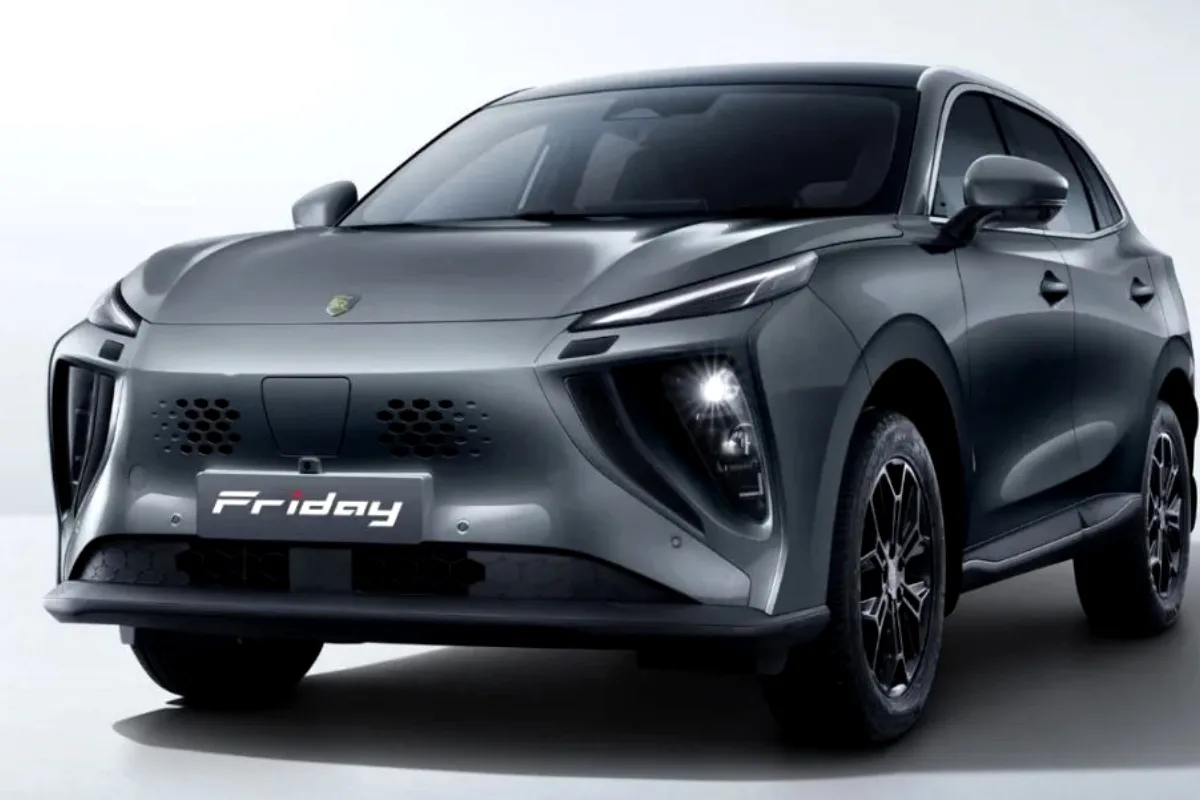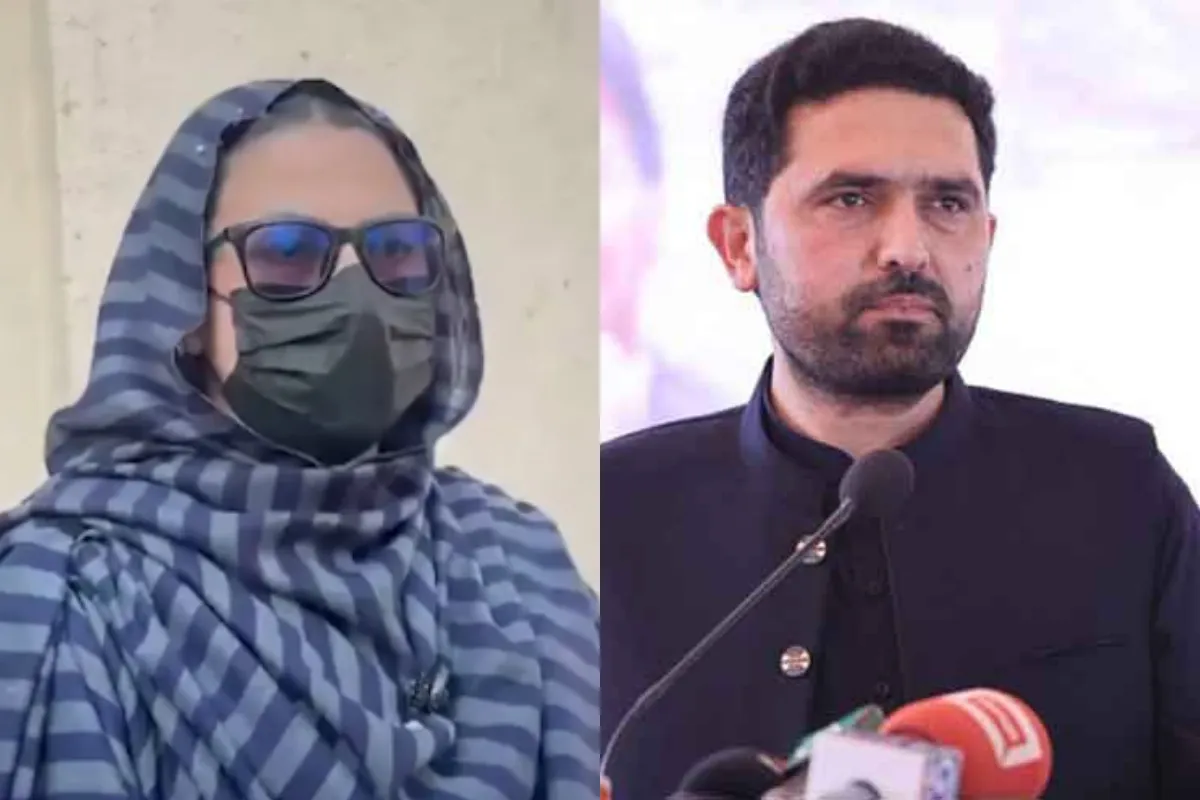The United States has imposed new, sweeping sanctions on two of Russia’s largest oil companies, Rosneft and Lukoil, amid growing concerns over Moscow’s lack of progress toward ending the war in Ukraine. The sanctions, announced by the U.S. Treasury Department on Wednesday, aim to cut off Russia’s ability to finance its ongoing military operations in Ukraine.
In a statement, Treasury Secretary Scott Bessent emphasized the sanctions’ goal of pressuring Russia to cease hostilities, declaring, “Now is the time to stop the killing.” The sanctions coincide with Russia’s large-scale nuclear drills, which are being seen as a display of military power. Following the announcement, oil prices surged by over $2 per barrel, driven by fears of potential disruptions to global supply.
The sanctions come just one day after U.S. President Donald Trump called off a planned summit with Russian President Vladimir Putin, citing doubts about the meeting’s potential effectiveness. Trump explained that he did not want to engage in “a wasted meeting” while stressing his commitment to peace efforts. The Kremlin, in turn, supported the cancellation, with spokesperson Dmitry Peskov stating that Moscow preferred more preparation before any future discussions.
In tandem with the U.S. actions, Russia showcased its military strength by releasing footage of large-scale nuclear drills. General Valery Gerasimov, Russia’s chief military officer, briefed President Putin on the exercises, which included missile launches from ground systems, submarines, and aircraft, showcasing intercontinental ballistic missiles capable of striking the United States. The drills also saw Tu-22M3 bombers flying over the Baltic Sea, occasionally shadowed by NATO fighter jets, signaling Russia’s intent to project power amidst rising Western pressure.
On the European front, the European Union approved its 19th sanctions package against Russia, which notably includes a ban on imports of Russian liquefied natural gas (LNG). Additionally, Sweden signed a deal to supply Ukraine with Gripen fighter jets, with Ukrainian President Volodymyr Zelenskiy expressing hope for 100 jets by next year to strengthen Ukraine’s defenses.
Meanwhile, Trump, ahead of his meeting with Chinese President Xi Jinping in South Korea, urged Beijing to use its influence over Moscow to help bring an end to the war. However, he ruled out sending Tomahawk missiles to Ukraine, stating that the Ukrainian military would require months of training to effectively operate the weapons.
In response to the ongoing conflict, European defense stocks surged, with analysts predicting sustained demand for military equipment. EU leaders are also considering a controversial plan to use frozen Russian assets to fund a $163 billion loan to Ukraine, a move that Moscow has condemned as “theft” and threatened to retaliate against.















